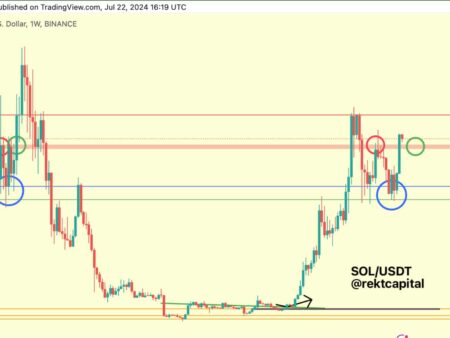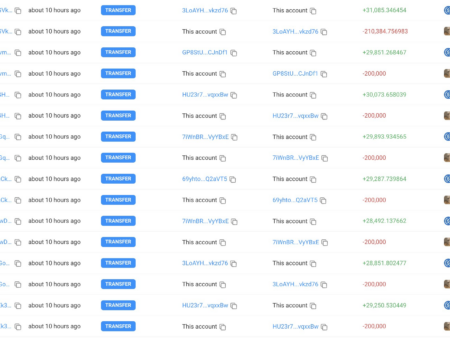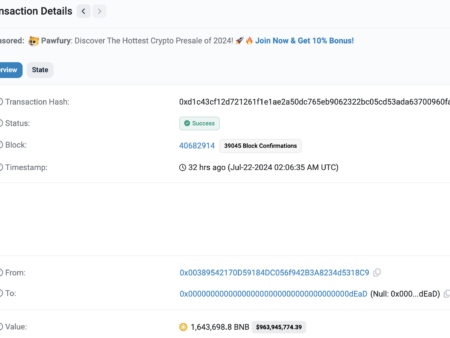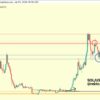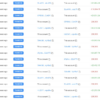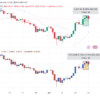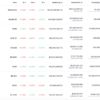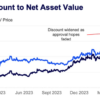
There is visible growth among some of the most prominent sectors of the crypto ecosystem; However, decentralized finance (DeFi) appears to be lagging behind. Noting this anomaly, Patrick Hansen, Circle’s senior policy director for Europe, defended that the sector needs a complete reform.
There is visible growth among some of the most prominent sectors of the crypto ecosystem; However, decentralized finance (DeFi) appears to be lagging behind. Noting this anomaly, Patrick Hansen, Circle’s senior policy director for Europe, defended that the sector needs a complete reform.
DeFi issue is in the spotlight
According to Hansen’s observation, DeFi’s total value locked (TVL) has remained at the same level as it was over three years ago. According to Hansen, this metric is even less than half of what it is if Liquid Stake’s equity lock is excluded.
According to data from DeFiLlama, DeFi TVL is currently pegged at $142.347 billion, a drop of over $220 billion as of December 2021. This massive drop comes despite a growing number of dApps on Ethereum (ETH) and others. protocols with deep connections to smart contracts. Financial applications.
For an industry that is evolving outwards, Patrick Hansen suggests there should be a significant difference in the locked TVL. While the policy expert noted that TVL is a flawed metric for judging holistic market performance, he noted that DeFi needs a new wave of innovations and applications in general.
Why regulation can hinder innovation
The focus of traders in the market has noticeably shifted in recent years towards Ethereum recovery protocols. This is the main aspect of the DeFi ecosystem that recorded a significant rally, with Lido DAO and EigenLayer leading the way in this regard.
However, the intention to innovate may face significant market pressure in the future. This is based on the tough regulatory climate in the United States, the main liquidity market for DeFi.
Uniswap, the leading protocol pioneer in the world of decentralized exchange (DEX), has received a Wells Notice from the US Securities and Exchange Commission (SEC).
Despite Hansen’s calls for new innovations, these regulatory hurdles could impact and dampen optimism.
